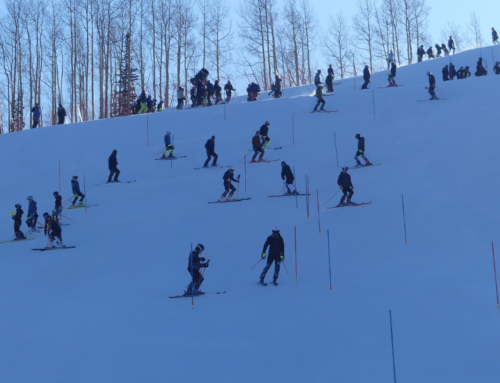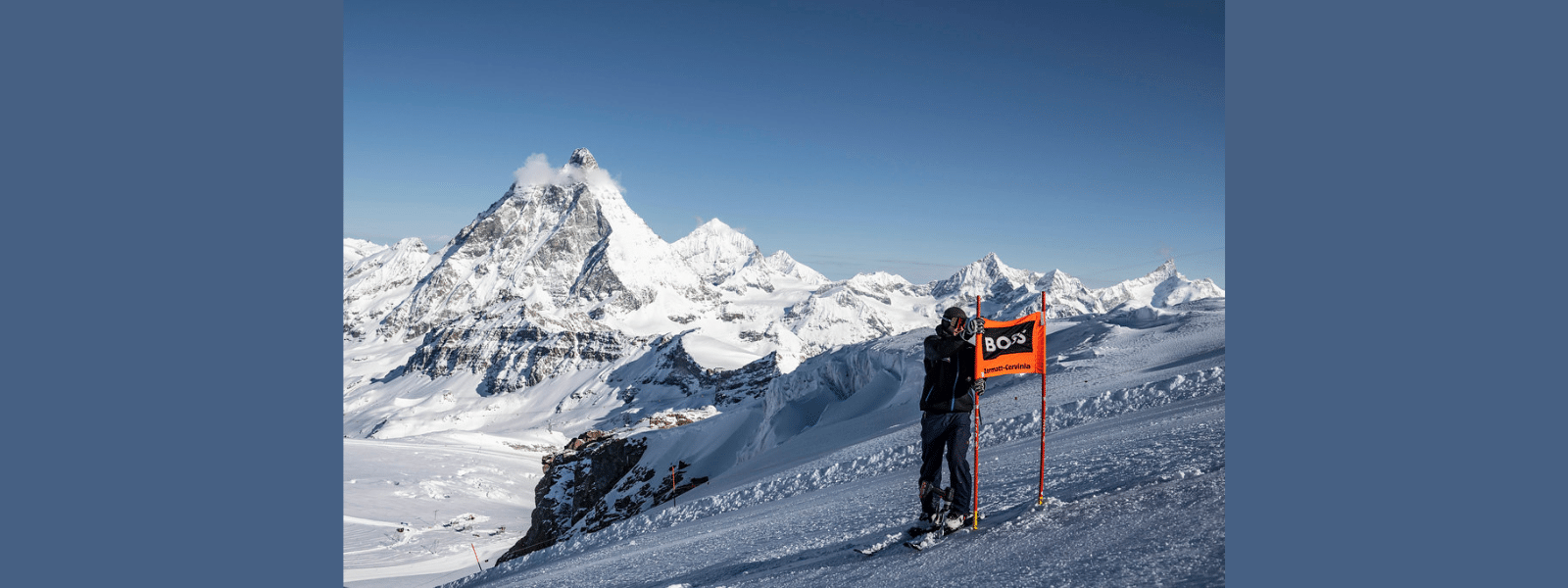Banned Austrian nordic coach seeks psychiatric help after wild raid, chase
Banned Austrian nordic coach seeks psychiatric help after wild raid, chase{mosimage}VIENNA, Austria – Banned Austrian ski coach Walter Mayer left behind a tangle of trouble when he bolted the Torino Games after a doping raid on his team. He made it across the Italian border — then ran into a whole lot more.
The coach led authorities on a bizarre chase Sunday, then crashed into a police roadblock 25 kilometers (15 miles) into Austria and was taken into custody. An officer at the scene suspected Mayer had been drinking.
Within hours, Austrian ski officials said they had severed all ties with the coach, whose presence at the Winter Olympics touched off an unprecedented show of force at the Games because of his link to suspected blood doping.
”This is inexcusable,” said Austrian Ski Federation chief Peter Schroecksnadel. ”Whoever does such a thing can no longer be a model” for athletes.
He was released shortly after midnight Monday, sporting cuts and scratches on his right temple. Austrian media reported that Mayer avoided reporters by leaving the police station via a back door.
Austrian prosecutor Gottfried Kranz told The Associated Press that Mayer then visited a hospital psychiatric clinic in the southern city of Klagenfurt. He also said that investigators found no illegal substances inside the wreckage of Mayer’s car.
Mayer could be charged with evading arrest and causing bodily harm to a police officer, Kranz said.
Schroecksnadel, meanwhile, told Austrian radio that Mayer was admitted to the psychiatric clinic Monday after talking of suicide. He said he tried to speak to Mayer but was turned away along with some of Mayer’s relatives. Clinic administrators could not immediately be reached for comment.
It was all part of a turmoil-filled 24 hours for the Austrian cross-country and biathlon teams — a day that included a nighttime raid, a last-place finish in a team event, and the prospect of another doping scandal against the backdrop of the Winter Games’ most stringent drug controls in history.
The night before the crash, Italian authorities raided the Austrians’ private lodging at the Olympics. Six skiers and four biathletes were rousted and taken for tests by the International Olympic Committee, hours before some were due to compete.
Italian police seized 100 syringes, 30 packages of antidepressants and asthma medication, Italian prosecutor Raffaele Guariniello told Austrian television Monday. One Austrian athlete threw a bag out of a window containing needles and medicines, and Mayer apparently left the scene in a minivan, the Italian news agency ANSA reported.
Torino’s chief prosecutor, Marcello Maddalena, confirmed Monday that Mayer was under investigation for possible violation of Italy’s anti-doping laws. Authorities would not seek his arrest, he said.
No athletes or staff were arrested, and test results were pending. Heinz Jungwirth, general secretary of the Austrian Olympic Committee, told Austrian media that two biathletes — Wolfgang Perner and Wolfgang Rottmann — were kicked off the team after leaving the Olympics following the raids. Both had finished their events and weren’t scheduled to compete again.
”This happened without any positive result from doping control in the team,” said Austrian cross-country skier Juergen Pinter. ”There’s definitely no doping in the Austrian team. It’s crazy.”
The raids were triggered by Mayer’s presence at the Games. He was banned from the Olympics by the IOC following a blood-doping case at the 2002 Games in Salt Lake City, where he was alleged to have performed blood transfusions.
World Anti-Doping Agency officers recently learned that Mayer was with the Austrian team at the Torino Games and notified the IOC, which tipped off Italian police.
Austrian officials said Mayer had been in Italy in a private capacity and had no official connection with the team. Biathlon coach Alfred Eder confirmed that Mayer spent the night in the athletes’ accommodations, but only the night after he arrived.
At a news conference, IOC medical commission chief Arne Ljungqvist held up a postcard showing Mayer in an Austrian Olympic biathlon team photo. He said that while Mayer’s presence in Italy didn’t break the IOC ban, it violated the ”spirit” of the decision to keep him out of the Games.
Mayer got out of town sometime Sunday, driving at least 400 kilometers (250 miles) from Torino before stopping to take a nap on the roadside in the mountains of southern Austria.
When officers arrived on the scene to wake him up, Mayer sped away, striking and slightly injuring an officer, police said. Authorities parked an empty police vehicle across the highway as a roadblock, and Mayer slammed into the squad car, totaling both vehicles, police said. He sustained minor injuries.
Police said Mayer refused to take a blood-alcohol test, which an officer requested after Mayer allegedly showed signs of being intoxicated.
”I find it infuriating that someone like Walter Mayer shows up here,” Austrian Chancellor Wolfgang Schuessel said from Italy in an interview with state broadcaster ORF. ”Dozens of Austrian athletes have been preparing for their whole lives to reach this summit, and then something like this happens.”
The raids came late Saturday night, just before midnight, when police swarmed a home rented by the biathlon team near the mountain hamlet of San Sicario; a similar search was conducted at quarters in nearby Pragelato. The athletes were taken by IOC doping control officers to nearby Sestriere for tests.
They were the first-ever doping raids by police on Olympic athletes.
Officers ”confiscated material of various origin … which will have to undergo laboratory analysis,” said Col. Angelo Agovino, commander of the Carabinieri police force in Torino. Jungwirth said ”certain medicines” were confiscated.
The involvement of police in the case is in line with Italian law, which treats doping as a criminal offense. Any doping case would be investigated and prosecuted by Italian magistrates.
The Austrian cross-country relay team competed Sunday morning in the men’s 4×10 km relay, finishing last out of 16 teams.
The raids came less than two days after Russian biathlon star Olga Pyleva was banned for two years after allegedly taking a banned stimulant. She was kicked out of the games and stripped of her silver medal.
No Austrians have won a medal in biathlon or cross-country at Torino Games; the highest finish in either sport by an Austrian athlete so far is Perner’s fourth place in the men’s biathlon 10 km sprint.





















